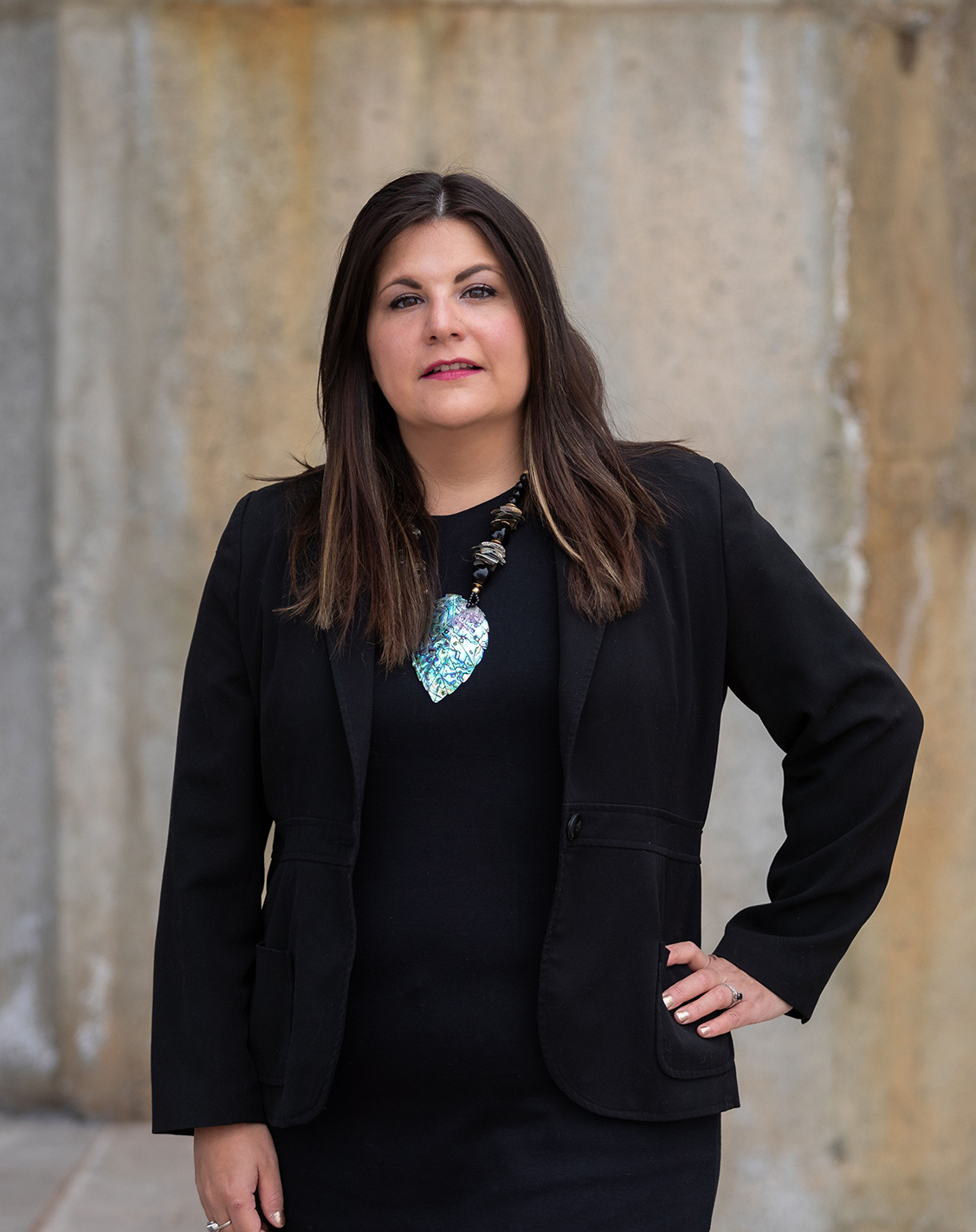Indigenous Research
Indigenous Led Research at Lakehead
 Can you tell me about yourself?
Can you tell me about yourself?
I am from Opwaaganasiniing (Red Rock Indian Band) and a member of the muskellunge clan. I have a PhD in Indigenous Studies and I am an Assistant Professor in the Department of Indigenous Learning at Lakehead University.
What is Indigenous Learning?
Indigenous Learning is a recognized discipline which engages with Indigenous knowledges and ways of knowing to address issues in Indigenous and non-Indigenous contexts. It also focuses on the historical and contemporary interactions between Indigenous peoples and the state.
What do you do as an Assistant Professor?
Most of my time is spent teaching and researching. I have taught courses related to community development, governance, gender relations, Indigenous storytelling and research methods. Currently I lead two research projects. One seeks to improve Indigenous health equity through the development of health service provider training and systems level change and in the other project an Indigenous health framework was created to support program development, implementation and evaluation. The framework is based on Indigenous teachings, stories and personal experience with land-based activities.
Does teaching and research differ in Indigenous contexts?
I think so. I try to privilege Indigenous ways of knowing. This can be more specific like storytelling and land-based experiential learning. For example, in much of my research I don’t draw from western theories but instead I look to our own theories -our stories. I also bring these stories into the classroom to help us as a class envision alternatives to western approaches to child welfare, justice or environmental policy.
I think we can also think of Indigenous ways of knowing more broadly, including values such as respect, sharing and cooperation which foster good relationships. In the classroom I try to create a space where we learn from and support one another and enact these values. Colonialism worked to decentre these values from our communities which results in lateral violence. This feeds a colonial agenda and redirects our time and energy away from efforts to rebuild our governance systems and social institutions and relearn our languages, cultures and traditions. When we work together and support each other, there is so much power in that.
Is the program popular amongst Indigenous women?
Yes, most of the Indigenous Learning majors are Indigenous women. Taking the program is a stop along their journey to strengthen their families, communities and nations. Indigenous women in the program want to become policy analysts, researchers, lawyers, educators and share what they learn in the program with their families and communities.

